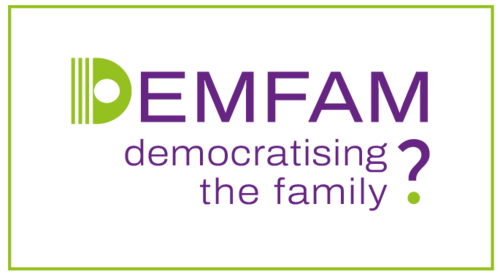Equal Rights
DEMFAM critically builds on concepts of a democratisation of the family or of inner-familial relations which sociologists and legal scholars have introduced to understand the transformation of the family in Western Europe in the 20th century. The concept refers to the dismantling of the legal authority of the husband and father as the formal head of household; women and children were no longer primarily defined as domestic dependents, but as individual rights-bearing subjects.
The democratisation of familial and reproductive relations has a dual aspect. On the one hand, it denotes a shift from a formal hierarchy between the father and the mother, to a normative orientation towards gender equality. In all countries which constitute DEMFAM’s case studies, there was a tendency to harmonise parental rights within and outside marriage – to different degrees, and at different timelines – which coincided with the equalisation of the legal position of marital and non-marital children. Since the 1990s, concepts of shared parenting gained currency, which cast parents as carers and earners on equal terms. Since the 2000s, moreover, there was a push to define parental rights in gender neutral terms, which corresponds to the more recent scholarly discussion on the degenderisation of family policies. On the other hand, the understanding of parent-child relations has changed. Paternal authoritywas reframed as parents’ rights and responsibility towards their children (as denoted in the German term Sorgerecht). Such democratisation processes, however, were limited by undemocratic political environments, and by anti-democratic, anti-liberal forces opposing gender equality and sexual liberalisation.
